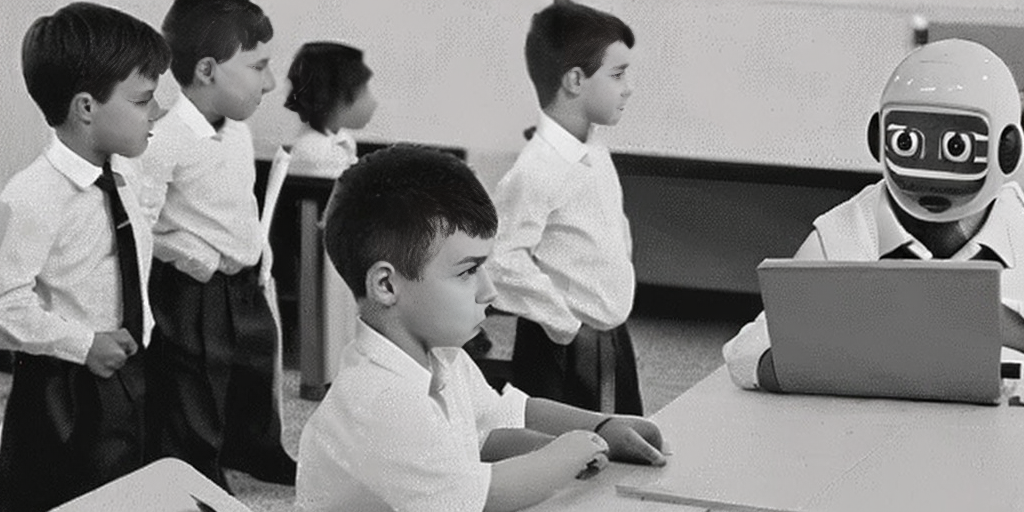In a groundbreaking development, David Game College, a private school in London, is set to launch the UK’s first classroom entirely taught by artificial intelligence (AI). The initiative, which will begin in September, will see 20 GCSE students learning through AI platforms and virtual reality headsets, marking a significant shift in the educational landscape.
The AI-driven classroom promises a tailored learning experience for each student, with the technology adapting lesson plans based on individual strengths and weaknesses. According to John Dalton, co-principal of David Game College, the precision and continuous evaluation offered by AI surpasses that of human teachers. “There are many excellent teachers out there, but we’re all fallible,” Dalton explained. “AI can pinpoint exactly why a child is not learning and adjust the curriculum accordingly.”
Despite the innovative approach, the concept has sparked controversy. Critics argue that AI teaching could lead to a “soulless, bleak future” for education. Chris McGovern, a retired headteacher and former advisor to the policy unit at 10 Downing Street, expressed concern that AI could dehumanize the learning process. “The problem with AI is that it’s a machine, and it takes away the interpersonal skills and interaction between pupils and teachers,” McGovern said. He warned that relying solely on AI could lead to a diminished educational experience.
The students at David Game College, however, are optimistic about the new technology. Joseph, a GCSE student who has been testing the system, believes AI will help him improve faster than traditional teaching methods. “A teacher doesn’t really know your flaws because they have so many students,” he said. “But the AI will figure out what your flaws are and help you improve.”
To support the AI-driven learning environment, the college has employed three “learning coaches” who will monitor student behavior and provide assistance, particularly in areas where AI struggles, such as art and sex education. Alexander Vansittart, a former Latin teacher who has taken on the role of a learning coach, is enthusiastic about the potential of AI in education. “I believe this will change lives,” he said.
While David Game College denies that the AI classroom is a cost-cutting measure, stating that they have actually hired more personnel to run the course, the debate over AI’s role in education continues. As the UK government explores the use of AI to assist teachers in tasks like marking homework and planning lessons, the implementation at David Game College represents a bold step towards a future where AI takes a more central role in the classroom.
As the first “teacherless” classroom in the UK prepares to open its doors, the move raises important questions about the balance between technology and human interaction in education, and what the future holds for students in an increasingly digital world.



